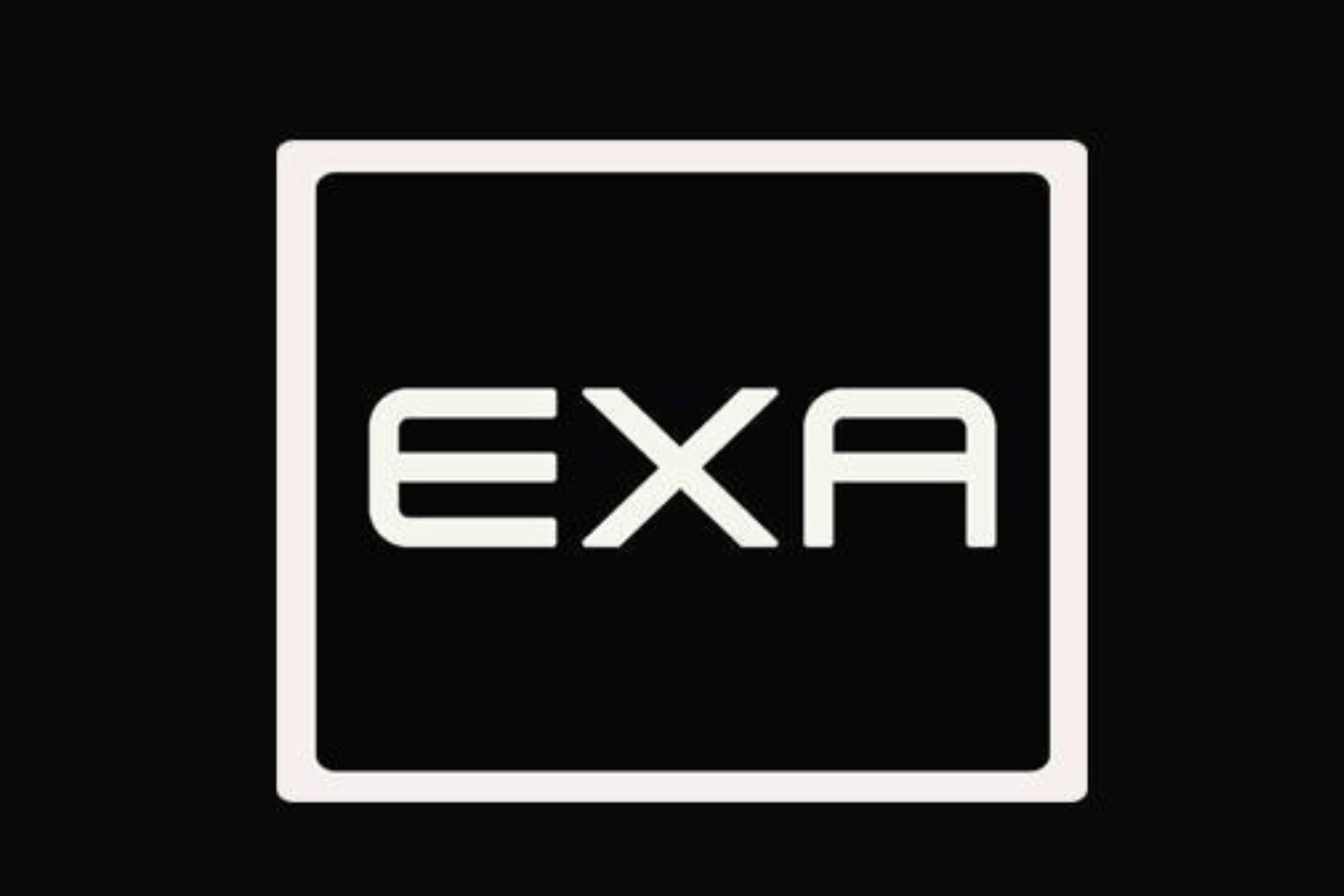
Exa Secures $17 Million Investment from Lightspeed, Nvidia, and Y Combinator to Develop an AI-Powered ‘Google’ Platform
Exa aims to change the way people search by creating an AI-powered search engine that works with AI platforms. It has raised $17 million to develop technology that predicts links instead of words, which sets it apart from other companies that want to replace Google.
There are a lot of startups like Perplexity that want to replace Google with AI-powered search. However, Exa has a different approach: they aim to transform Google into an AI-powered search engine.
The people who started Exa don’t think humans are the ones who need a new kind of search engine.
Instead, as AI becomes more common in business and everyday life, it is the AI platforms themselves that need to regularly go online to find information and return real answers, not hallucinations. It’s not enough for them to just type their requests.
Exa is making a tool that will let AI models do something like a web search, but in a way that is unique to AI.
In those days, it was easier to get GPUs worth a million dollars, and the co-founders started to build a machine-learning model that could understand links instead of words and sentences. They did this by using a vector database and embeddings instead of a traditional transformer-based LLM.
“Transformers usually guess what the next word will be.” CEO Will Bryk says, “We train our search engine to guess the next link.” To train our model, we use links that people share on the web. We train the model to predict the next link. That’s a new search algorithm.
So, just like an LLM would finish a sentence by giving the most likely next word, Exa’s system does the same thing with the most likely link or 10, but hopefully without the SEO spam and (ironically) AI-generated nonsense that clogs up all search engines these days.
The startup announced on Monday that it had raised a new $17 million Series A round. Guru Chahal of Lightspeed led the round, and Nvidia‘s venture arm, NVentures, and Y Combinator also took part.
Exa has now raised a total of $22 million, which includes the $5 million it raised as a seed. In the summer of 2021, Exa was a member of the YC group.
Chahal says, “This is a very big vision.” “They are building for AI what Google is for humans.”
Two best friends, CEO Will Bryk now 27 and co-founder Jeff Wang (26), who met their first year at Harvard and became best friends, founded the group.
“We went live before ChatGPT.” As a business, our first goal was not to help AIs in any way. We posed the question, “How can AI enhance search?” Wang said.
An AI company asked Exa for an API version of their search engine so they could plug it into their models after ChatGPT took the tech world by storm. Exa lives in San Francisco, in a friendly area called Cerebral Valley.
This is where a lot of AI startups are based. We already told you that Wang’s tweet went viral when he was searching for other businesses that wanted to join an order of office nap pods. The response was huge. The work-nap-repeat culture is still strong in this part of the tech world.
Powering AI Innovation and Data Discovery
AI companies now primarily use Exa’s search engine. Anything from an AI chatbot searching the internet for information while answering customer questions to companies seeking to collect training data can utilize Exa’s search engine.
According to Exa’s founders, Databricks is one of its most important customers because it is used to find large training sets for its model training projects.
The project’s API version came out about a year ago. “It’s gotten a crazy amount of attention since then,” Wang says.
Today, Exa says it works with thousands of developers. However, it’s important to note that anyone can try its search engine for free in a limited way. It also has different levels of fees. The founders wouldn’t say how much money they make, but they did say that it’s going up.
Plus, it’s intriguing that Exa hosts its product on AWS instead of Google Cloud, which is known for AI.
The team isn’t aiming to become a search startup that disrupts Google. The tech industry thinks that AI will be the end-all-be-all, but search engines for AI bots could be an unexpected threat to the search hegemony.


